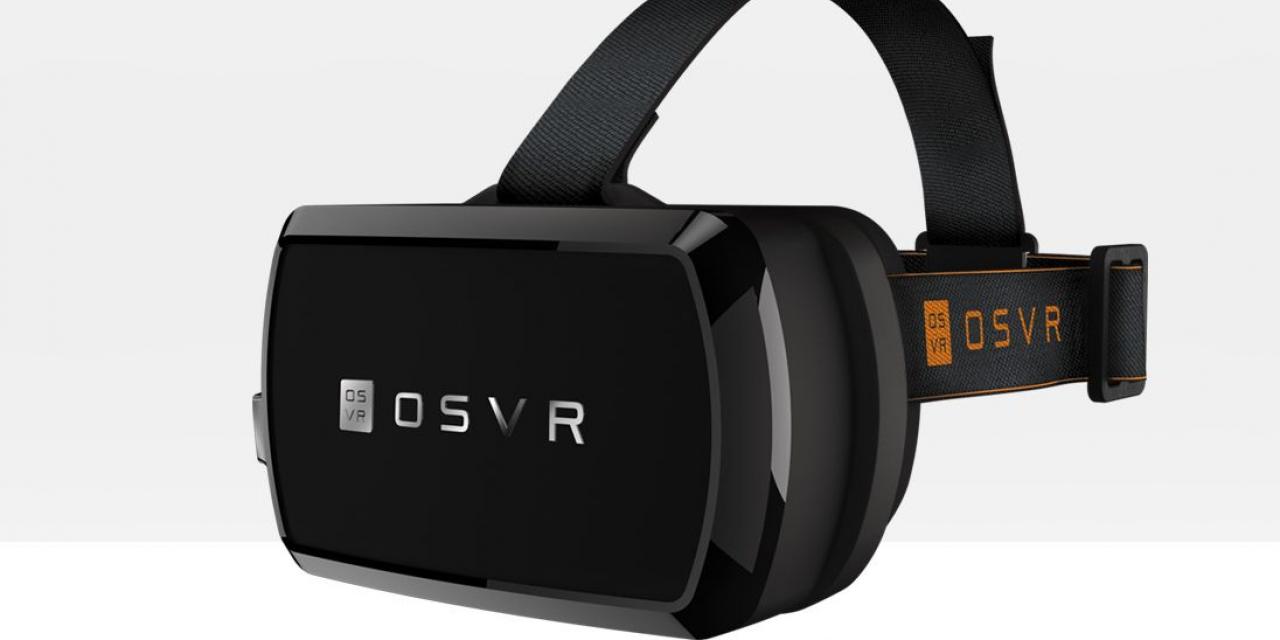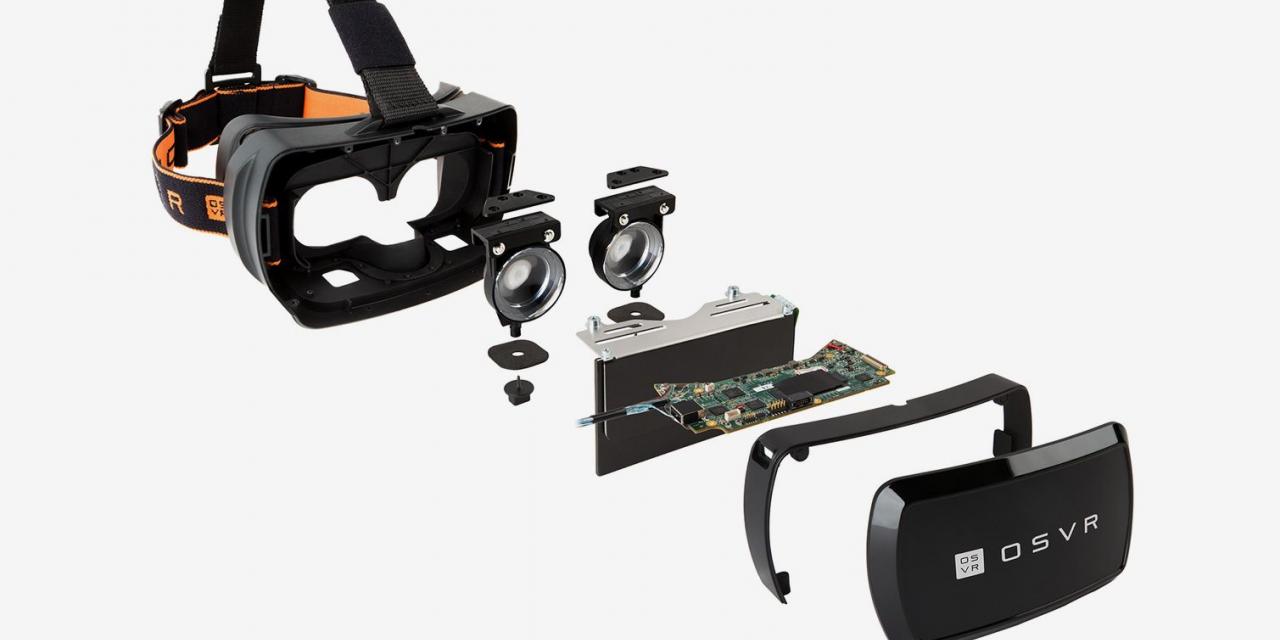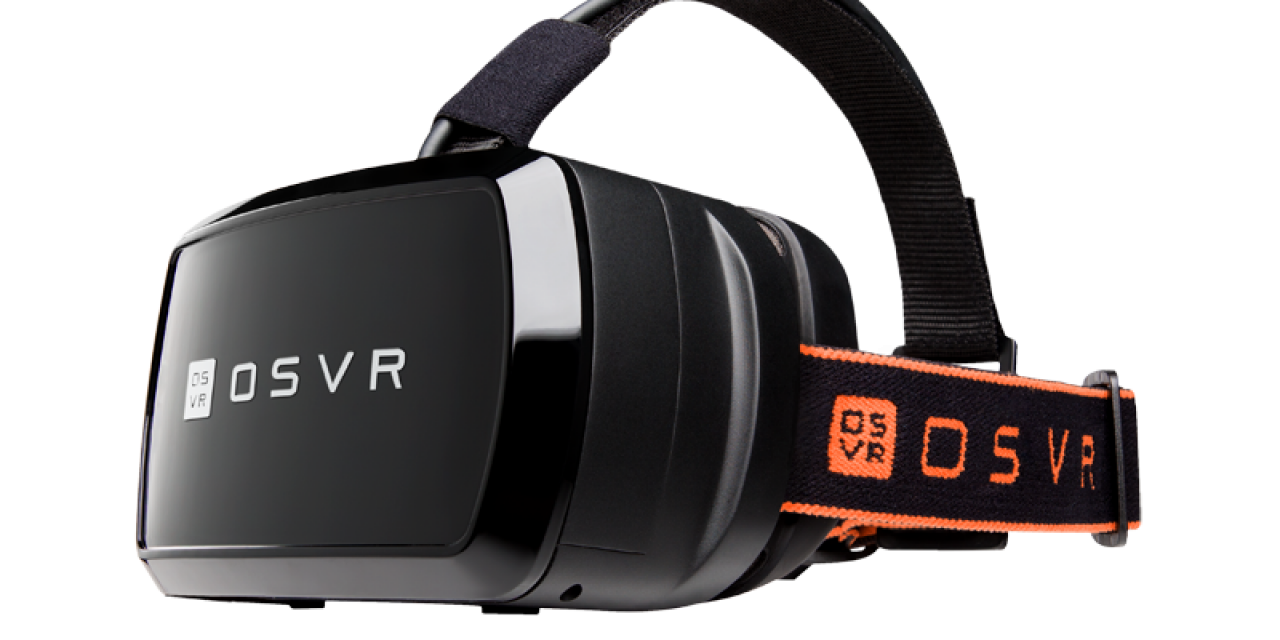


Razer and a group of industry leaders today announced the Open-Source Virtual Reality (OSVR) ecosystem, a new standard in VR gaming to push the VR gaming experience forward.
OSVR provides both hardware and software support at every level of virtual reality gaming. Starting with some of the most popular game engines, including Unity 3D and Unreal 4 Engine, OSVR also works with device plugins from hardware market leaders like Bosch and Razer and the latest from Sixense and LeapMotion. Moreover, OSVR is designed to support all VR devices, including the Oculus DK 2 and Vrvana’s Totem headset.
This standardized interface for virtual reality gaming aims to allow third parties to design and build their own apps and hardware across any operating systems, including Windows, Android and Linux.
"Gaming is moving towards the virtual reality platform and this poses huge benefits and challenges to gamers at every level," said Min-Liang Tan, Razer co-founder and CEO. "OSVR brings game developers, gamers and hardware manufacturers together to solve those challenges and make virtual reality gaming a reality for the masses."
Razer will support the venture with the OSVR Hacker Dev Kit, a virtual reality device and open-source software that enables programming for any variety of VR technology.
In line with the OSVR vision, the OSVR Hacker Dev Kit hardware design is both affordable and open source to encourage developers to take advantage of the program. According to Razer, anyone can download 3D files and create their own set of VR-Glasses by following the instructions on www.osvr.com.
Preview demos of OSVR and the Hacker Dev Kit will be shown at CES at the following locations:
• Razer, South Hall 3 at Booth #31132
• Hillcrest, Renaissance Hotel in Suite #1130








